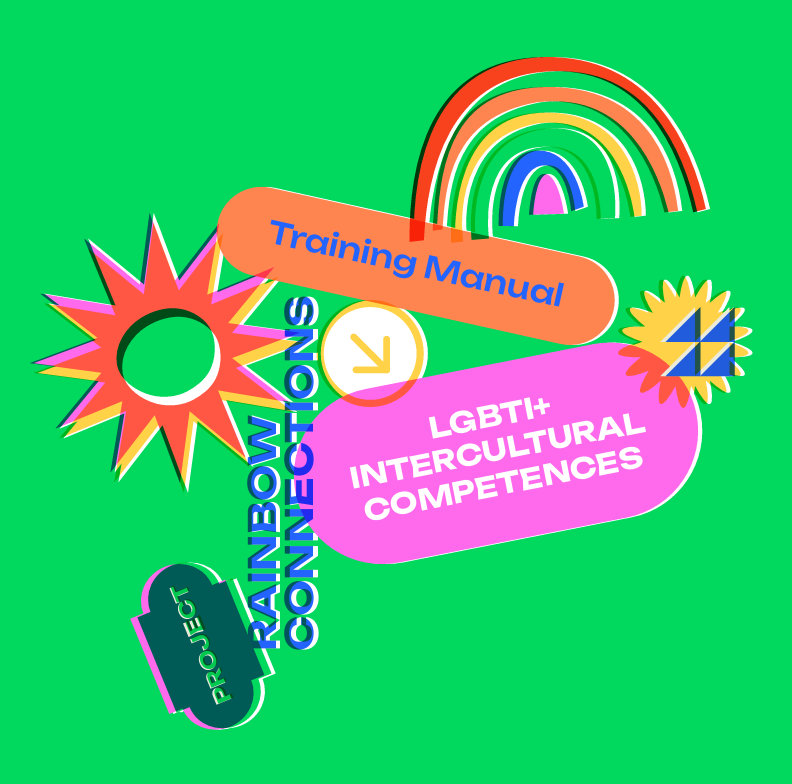Brave Spaces in Leeds and Camden: How local authorities can help tackle misinformation
- Global Leeds
- Jan 8, 2025
- 3 min read
Updated: Feb 5, 2025

Between April and November 2024, Leeds City Council's International Relations helped co-ordinate a fantastic partnership project between our Migration Team and Camden Council, to tackle the rumours and misunderstandings that can drive wedges between communities, and lead to hostility.
The project was funded by the Council of Europe's Intercultural Cities Programme.
Now that the project has been concluded, we are able to share our learning in our end of project report, 'Brave Spaces in Leeds and Camden' which is free to download with this article.
During the course of the project, the UK experienced a summer of violent disorder, much of which stemmed from the types of rumour and misinformation we were aiming to tackle.
This was the backdrop in which we ran a series of local sessions in communities and with communities to explore some of these issues and equip people with the confidence to address them.
When the disorder stopped, it was clear that our Brave Space Café sessions had become even more important, that people from marginalised communities needed to have their voices heard, and common myths and misconceptions leading to discrimination and exclusion needed to be addressed.
For many people, opportunities to quietly contrast their ideas with those who think differently are shrinking. This has made our work feel even more important and urgent, not just within the UK but also in other countries across Europe where similar disorder has been happening.
We recognised right from the start that we could only make this sort of project meaningful if we worked hand in hand with partners with deep roots within our local communities. In Camden, these were 7PK, Forum+, Hopscotch Women's Centre and Naz & Matt Foundation. In Leeds, it was Chapel FM and LS14 Trust.
We were grateful to benefit from the wealth of expertise within the Intercultural Cities Network, especially the Spanish city of Bilbao, who developed a network of anti-rumour community ambassadors, and produced the Intercultural Cities guidelines on tackling rumours, who joined us in a webinar at the start of the project to share their learning with us.
Looking back, our Brave Space Café sessions have clearly been a great success in both Leeds and Camden, and we have received some fantastic feedback from participants and stakeholders about how it has benefitted them.
Both councils have seen this project as providing a test bed for more regular honest and
effective intercultural discussions. The sessions have been seen as a clear example of good
practice in community engagement, and a model that can be reflected upon and learned from going forward.
The bravery and openness of the participants in discussing the experiences of refugees, the complexities of domestic abuse, safety and greater understanding of LGBTQ+ people and the realities of racism within interracial communities, have been truly inspiring.
They also gave us an opportunity to dig deep into the roots of mistrust and rumours between communities.
Participants in both Leeds and Camden welcomed the opportunity to have a range of ‘elephant in the room conversations’ which fostered a deeper understanding, empathy, and solidarity among participants.
The sessions have equipped participants with knowledge, resources, and a renewed sense of responsibility to advocate for and support marginalised individuals within their communities.
The collaborative environment fostered by the Brave Space Cafés has strengthened community ties and created a network of allies committed to promoting inclusivity and equality.
Note: The Council of Europe's Intercultural Cities Programme supports cities and regions in reviewing and adapting their policies through an intercultural lens, and developing comprehensive intercultural strategies to manage diversity as an advantage for the whole society.
Leeds has been a member of Intercultural Cities since 2019, and Camden since 2020.



Comments